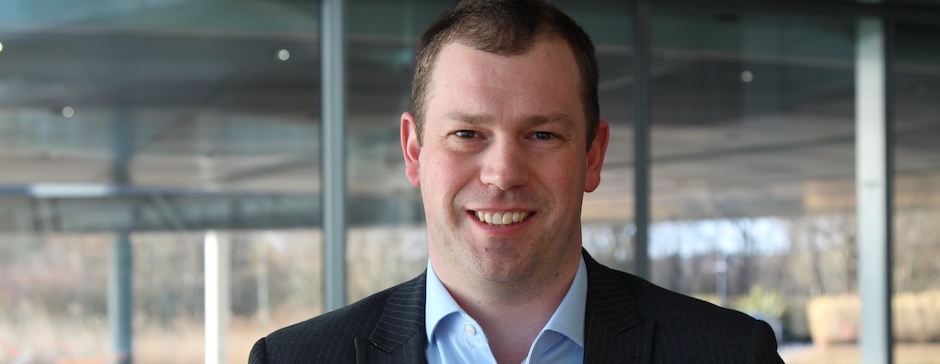Electrifying innovation at McLaren Applied
Melissa Bradshaw caught up with Stephen Lambert, head of electrification at McLaren Applied, on engineering a low-carbon future in automotive and beyond

Accelerated by the cocktail of the Covid-19 induced ‘new normal’ and the pressure of looming global climate concerns, digital transformation and electrification are having their moment.
Development of new, efficient, greener technologies goes hand-in-hand with achieving our Net Zero ambitions. The engineering sector is playing an enormous role here, and companies like McLaren Applied are more determined than ever before to step up to the challenge.
The company was established back in 2004 as a spin-out of Woking-based racing and automotive giant McLaren. Since then, it has brought a range of innovations to the forefront of industries spanning beyond automotive and motorsport, branching into areas such as manufacturing, public transport and aerospace.
Through applying its leading expertise in motorsport to solutions within these industries, McLaren Applied aims to fulfil its mission of pioneering a better future through its people and technologies: something the electrification division has been particularly key in as we head toward a much-needed shift in our approach to our global carbon footprint.
Register now to continue reading
Thanks for visiting The Engineer. You’ve now reached your monthly limit of premium content. Register for free to unlock unlimited access to all of our premium content, as well as the latest technology news, industry opinion and special reports.
Benefits of registering
-
In-depth insights and coverage of key emerging trends
-
Unrestricted access to special reports throughout the year
-
Daily technology news delivered straight to your inbox










Water Sector Talent Exodus Could Cripple The Sector
Maybe if things are essential for the running of a country and we want to pay a fair price we should be running these utilities on a not for profit...